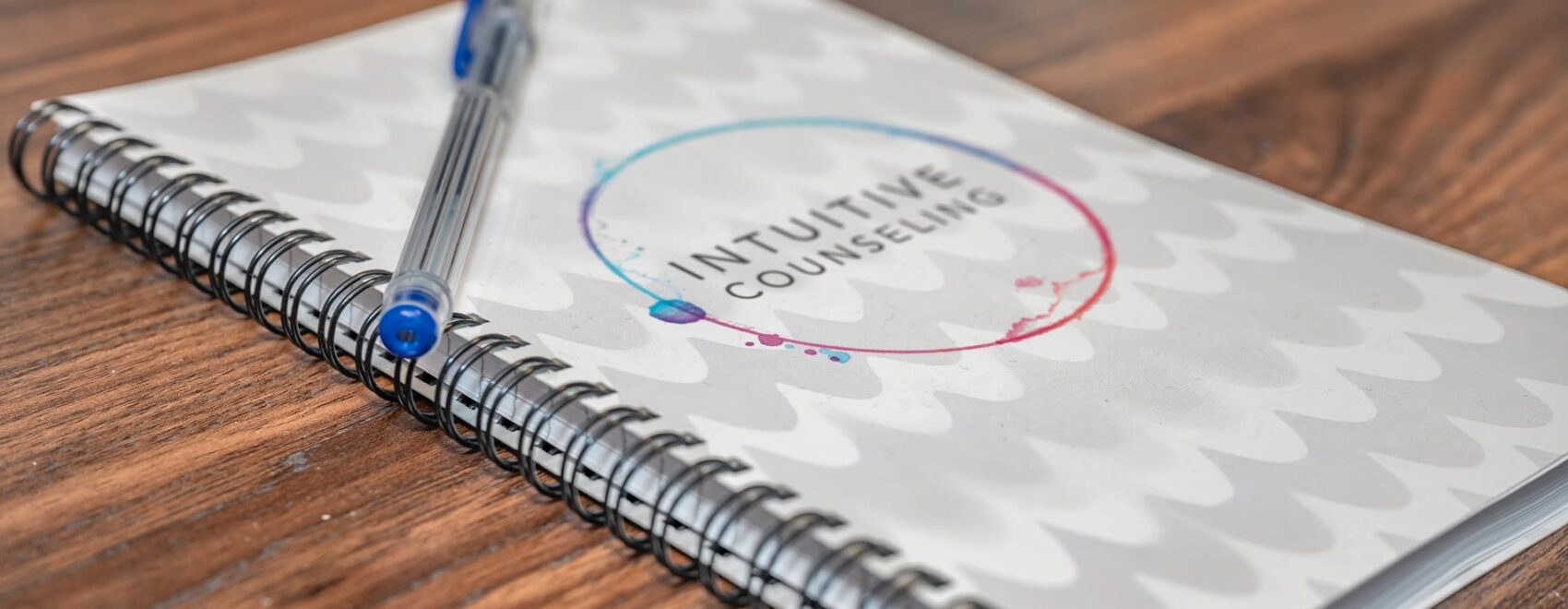Your Body Image Affects More Than You Think. We Are Here to Help
You don’t need to hate your body for it to affect your well-being. Even a quiet sense of discomfort can influence how you eat, dress, move, or interact with others. These patterns often develop over time, and they can leave you feeling stuck. Some people start avoiding photos or mirrors. Others feel disconnected from their bodies altogether. Therapy creates space to talk about those experiences and begin shifting the way you relate to yourself.
At Intuitive Counseling, we support clients across the Charleston area with in-person and virtual therapy. Whether your concern is new or something you’ve carried for years, we’ll meet you where you are.
To schedule a therapy sessions session Charleston or ask a few questions, call (843) 944-2283. We’re happy to help you get started.
What Does “Body Image” Mean in a Therapeutic Sense?
Body image refers to the thoughts and beliefs you hold about your body—how it looks, how it feels, and how you experience it in the world. For many people, body image begins forming early in life. It’s shaped by families, peers, media, identity, and culture. Over time, those messages can become internalized and difficult to challenge alone.
The National Eating Disorders Association reports that more than 80 percent of women will struggle with body dissatisfaction at some point. These concerns aren’t limited to one gender. Many men report discomfort with their appearance, and research shows body image distress is especially common among LGBTQ+ individuals.
Even when the body itself doesn’t change, the relationship with it can shift. That change might be brought on by trauma, illness, pregnancy, identity exploration, or major life transitions. You may not know what triggered it, but you can still get support.


You Can Move Past Your Body Image Issues
Body image struggles and eating disorders can overlap, but they aren’t the same thing. Some people never develop a diagnosable condition but still carry shame, discomfort, or avoidance around their bodies. Others have a history of anorexia, bulimia, or binge eating that they’re working through in recovery. Whatever your experience, we’ll help you figure out what kind of support fits best.
Common Body Image Concerns
Appearance Anxiety
You might feel hyper-aware of your body in certain situations. Maybe you dread being seen at the gym or feel uncomfortable when all eyes are on you. These worries can lead to avoidance or tension in everyday life.
Self-Criticism
Harsh inner dialogue is one of the most common experiences we hear about. Thoughts like “I look terrible” or “Why can’t I just fix this?” may run in the background more often than not. In therapy, we begin by slowing down those thoughts and talking about where they came from.
Control and Avoidance Behaviors
Struggles with body image can affect eating patterns, exercise routines, or how much time you spend picking out clothes. Sometimes the effort to fix or control the discomfort becomes overwhelming on its own.
Postpartum Body Image
New parents often feel pressure to bounce back or reclaim their pre-baby bodies. It’s not just about weight or appearance. The relationship with the body often changes in ways that feel surprising and emotional. Therapy offers a place to explore that.
Body Image and Gender
We support clients who are navigating body image in the context of gender identity or gender dysphoria. That might mean working through discomfort, naming boundaries, or processing the experience of being in a body that doesn’t always feel like home.
How Therapy Helps
There’s no single approach to body image therapy. We start by getting to know you and understanding what you’re feeling and how it’s showing up in your life. Some clients want to explore how their beliefs were formed. Others focus on building new habits, improving self-talk, or practicing mindfulness.
Sessions may include:
- Talking through painful or confusing thoughts about your body
- Challenging the idea that your worth is tied to appearance
- Setting boundaries around comparison or social media
- Exploring the emotional history behind your discomfort
- Building self-compassion and internal trust
- Strengthening your relationship with food, movement, and self-care
You don’t need to have a clear goal to begin. We’re here to listen, reflect, and offer tools when they’re helpful. We won’t push weight loss, and we won’t pathologize you. The process will be personal and responsive.
FAQs About Body Image Therapy in Charleston
Is body image therapy only for women?
Not at all. People of every gender can struggle with body image. We work with women, men, and nonbinary clients across the spectrum of identity and experience.
What if I’ve had these thoughts for most of my life?
You’re not alone in that. Many people come to therapy after years of thinking a certain way. We don’t expect you to undo that overnight. We’ll go at your pace.
Will my therapist focus on weight?
No. Our practice does not promote weight loss or treat weight as a problem to be fixed. We focus on your relationship with your body and your overall well-being, not numbers on a scale.
Do you work with teens?
Yes. Some of our therapists offer body image support for adolescents. Depending on the situation, we may involve parents or caregivers as part of the process.
Can I still come if I don’t know what I need?
Yes. That’s a common starting point. You don’t need to have the language figured out. Just bring whatever you’ve been feeling. We’ll explore from there.
What experience do you have with body image therapy?
Intuitive Counseling was founded by Dr. Jennie Ozan and Leigh Rzepecki, LCSW, CADC. With over 25 years of combined experience, they’ve helped clients work through anxiety, depression, trauma, and complex struggles with food and body image. Their goal has always been to create a therapy space that feels grounded, thoughtful, and genuine.
Reach Out When You’re Ready
If you’ve been feeling disconnected from your body, overwhelmed by self-judgment, or unsure of how to feel better, therapy can help. We work with clients in Charleston and across South Carolina through both in-person and online sessions.
Call (843) 944-2283 to ask questions or schedule a time to talk.

